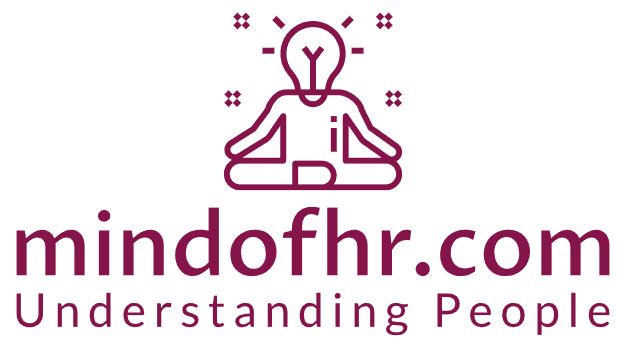Amid the dynamic terrain of the business world, enterprises are increasingly acknowledging the significance of proactive succession planning for a smooth transition in leadership. IBM, a prominent global technology and consulting powerhouse, distinguishes itself through its innovative approach to succession planning. Harnessing the power of advanced analytics and artificial intelligence (AI), IBM has embraced data-driven decision-making to pinpoint and foster high-potential talent among its workforce. This article delves into IBM’s adept integration of data analytics into its succession planning framework, showcasing how the company strategically and knowledgeably manages its leadership pipeline.
The Foundation of Data-Driven Succession Planning:
At the core of IBM’s data-driven succession planning is its commitment to collecting and analyzing extensive employee data. The company gathers a myriad of information, ranging from traditional performance metrics to more nuanced data points such as skills assessments and employee career aspirations. This holistic approach allows IBM to create a comprehensive profile of each employee, providing a clearer understanding of their potential and contribution to the organization.
Predictive Analytics: Identifying High-Potential Talent:
IBM goes beyond basic data analysis by incorporating predictive analytics into its succession planning strategy. By leveraging advanced algorithms, the company can forecast which employees are likely to emerge as high-potential leaders in the future. Predictive analytics take into account various factors, including current job performance, skills development, and adaptability to change. This forward-looking approach enables IBM to identify individuals who not only excel in their current roles but also demonstrate the potential to thrive in more significant leadership positions.
Aligning Skills with Future Organizational Needs:
One key advantage of IBM’s data-driven approach is its ability to align employee skills with the organization’s future needs. By identifying specific competencies required for future leadership roles, IBM can tailor development programs to enhance the skills of high-potential employees. This targeted approach ensures that the leadership pipeline is not only filled with talented individuals but also individuals with the right skills to navigate the challenges of the rapidly evolving business landscape.
Informed Decision-Making for Talent Development:
IBM’s data-driven succession planning provides leaders and decision-makers with valuable insights for talent development initiatives. Armed with a deep understanding of employee capabilities and potential, the company can make informed decisions about training programs, mentorship opportunities, and career paths. This targeted investment in talent development not only benefits individual employees but also strengthens the overall organizational capabilities.
Enhancing Diversity and Inclusion:
IBM’s data-driven succession planning also plays a crucial role in promoting diversity and inclusion within the leadership ranks. By relying on objective data and analytics, the company minimizes biases in decision-making processes. This ensures that talent is identified and nurtured based on merit and potential, contributing to a more diverse and inclusive leadership pipeline.
Challenges and Considerations:
While IBM’s data-driven succession planning has proven successful, it is essential to acknowledge potential challenges. Privacy concerns, data security, and the ethical use of AI are critical considerations that companies must address when implementing such systems. IBM has been proactive in addressing these issues, emphasizing transparency and ethical guidelines in its data-driven practices.
Conclusion:
IBM’s commitment to data-driven succession planning exemplifies the transformative power of analytics and artificial intelligence in talent management. By leveraging predictive analytics and aligning employee skills with future organizational needs, IBM ensures a robust and agile leadership pipeline. The success of this approach not only benefits the company but also serves as a model for other organizations seeking to navigate the complexities of leadership development in the digital age. As businesses continue to evolve, the role of data-driven succession planning will undoubtedly become even more integral in shaping the leaders of tomorrow.











